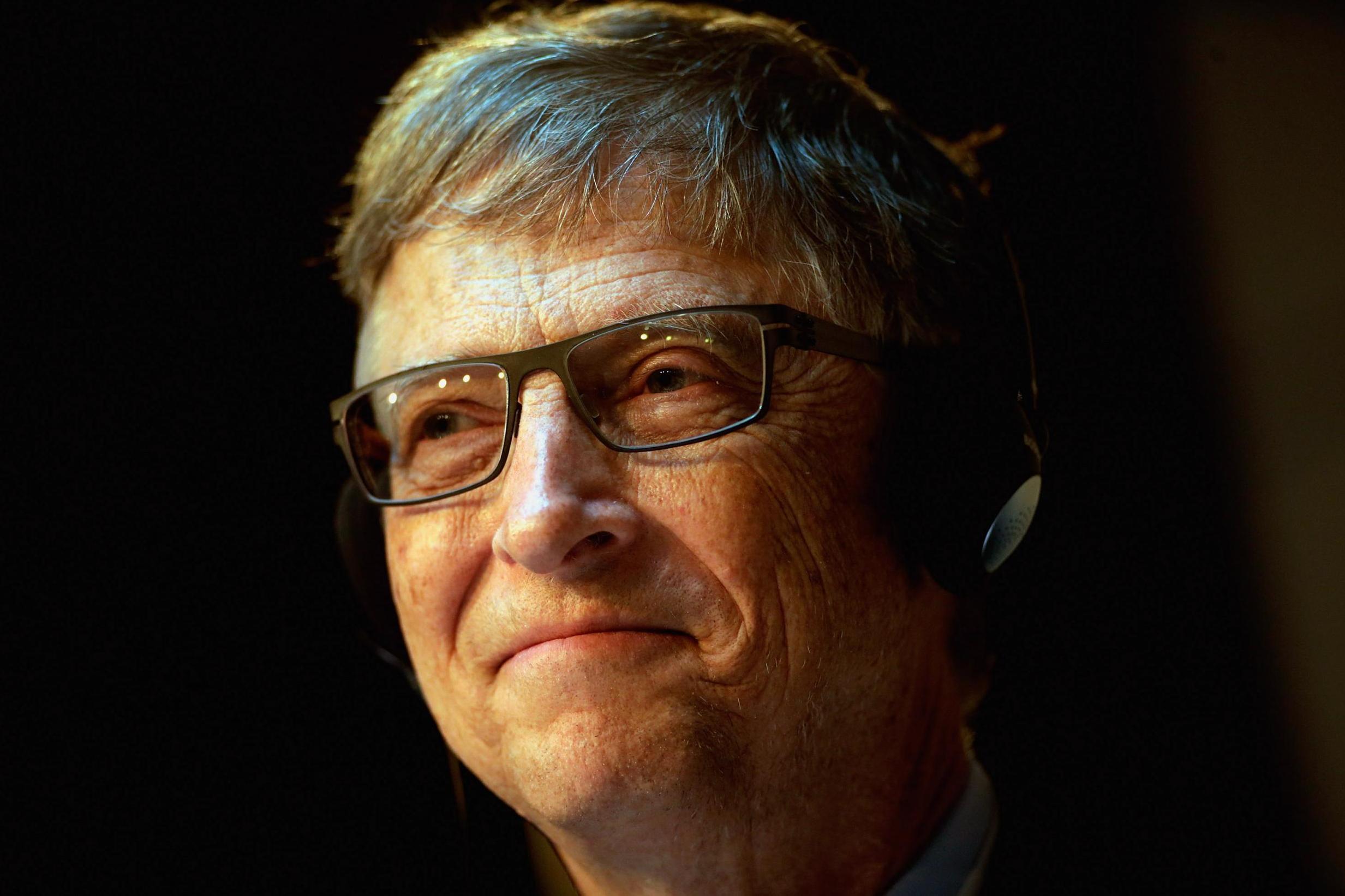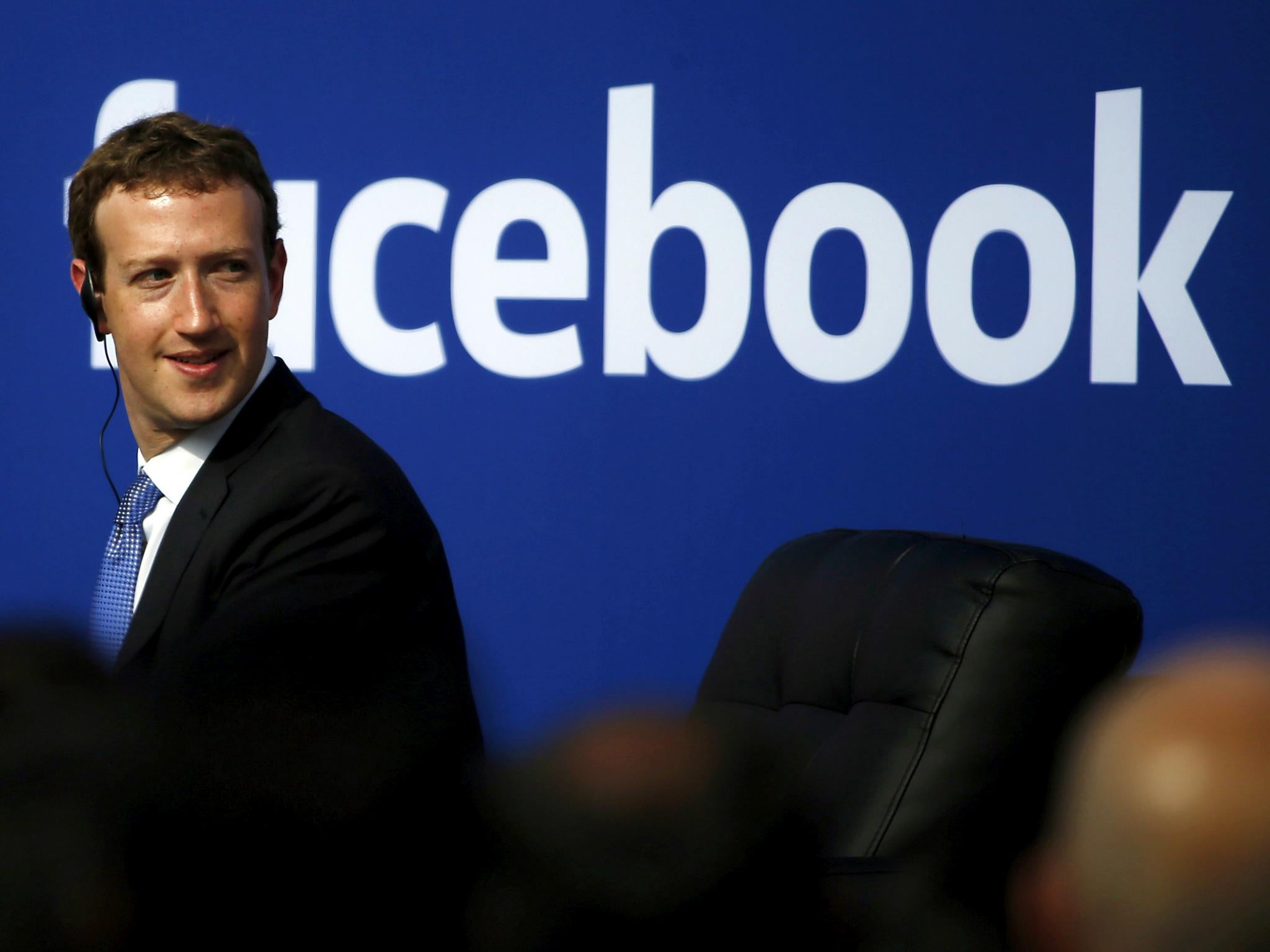Mark Zuckerberg is officially the new Bill Gates — that should make startups nervous

Your support helps us to tell the story
From reproductive rights to climate change to Big Tech, The Independent is on the ground when the story is developing. Whether it's investigating the financials of Elon Musk's pro-Trump PAC or producing our latest documentary, 'The A Word', which shines a light on the American women fighting for reproductive rights, we know how important it is to parse out the facts from the messaging.
At such a critical moment in US history, we need reporters on the ground. Your donation allows us to keep sending journalists to speak to both sides of the story.
The Independent is trusted by Americans across the entire political spectrum. And unlike many other quality news outlets, we choose not to lock Americans out of our reporting and analysis with paywalls. We believe quality journalism should be available to everyone, paid for by those who can afford it.
Your support makes all the difference.Back in the '90s, before memes were really a thing, it was kind of a meme to pass around pictures of Bill Gates as a Borg — the cyborg baddies of "Star Trek: The Next Generation" fame.
If you're not a "Star Trek," fan, trust me, it's a sick own. Before the Borg attacked, they would issue their famous warning: "Your biological and technological distinctiveness will be added to our own. Resistance is futile."
It was a warning that resonated with the tech industry of the day.

Under Gates' leadership, Microsoft became known as a company that would win at any cost. From productivity apps to web browsers, any competitor Microsoft couldn't simply buy it would crush by making a new, competing product and win by selling to its huge existing customer base.
Fast forward to today and Facebook's launch of Instagram Stories, which is essentially a clone of Snapchat's own Stories feature — even the name is the same.
It's a move that wouldn't have been out of place in the Bill Gates era at Microsoft, and it establishes Mark Zuckerberg as the same kind of leader. If you can't beat them or join them, Zuckerberg is saying here, crush them.
Zuckerberg has long suffered from Snapchat envy. In 2013, when Snapchat was still very new, Facebook tried to buy the startup for $3 billion in cash. About a month later, Facebook released Poke, a Snapchat clone.
Poke didn't go anywhere, and neither did its successor, Slingshot, in 2014. But with those apps, the message from Facebook to Snapchat was made clear: There is nothing you can possess that we cannot take away, and there's nothing you can build that we can't build faster.
In the interceding years, Facebook's rivalry with Snapchat kind of faded. But Snapchat has been slowly but steadily growing in both users and ad revenue. Zuckerberg and Facebook are now ready to take the threat seriously.

The platform advantage
In the days of Gates, Microsoft's killer edge was what's called the "platform advantage." Microsoft's ownership of Windows and Office, the two main ways that people got anything done on a PC in those days, made it really easy to integrate any new product in a deeper and easier-to-use way than any competitor possibly could.
Facebook itself is Facebook's platform advantage. Instagram has always thrived where other photo-sharing services struggle because the two products are deeply integrated. It makes Instagram the easy, default option for Facebook users, and it's led the app to 500 million monthly active users.
Instagram stories Instagram
So by building Stories into Instagram, Facebook is taking a competitor's key feature and bringing it straight to a massive, existing network of users. The specific apps and technologies are different from Microsoft of the '90s, but the playbook is very similar.
In the end, though, Gates' aggressive growth tactics and focus on entrenching Windows and Office led to the company being late to the rise of the internet — not to mention the antitrust case brought against Microsoft in the late '90s.
Of course, being like Gates isn't all bad. Like Gates, Zuckerberg has pledged most of his fortune to charity.

While the Microsoft of today is a lot friendlier toward the competition than it ever was under Gates, Facebook is the company that sets the pace today.
And ultimately, it means that startups and tech companies all over should be worried — because Zuckerberg is coming. Your biological and technological distinctiveness will be added to Facebook's own. Resistance is futile.
Read more:
• The 31 richest women in Britain
• Flight attendants share 25 things they'd love to tell passengers but can't
• The 33 richest people on earth
Read the original article on Business Insider UK. © 2016. Follow Business Insider UK on Twitter.
Join our commenting forum
Join thought-provoking conversations, follow other Independent readers and see their replies
Comments